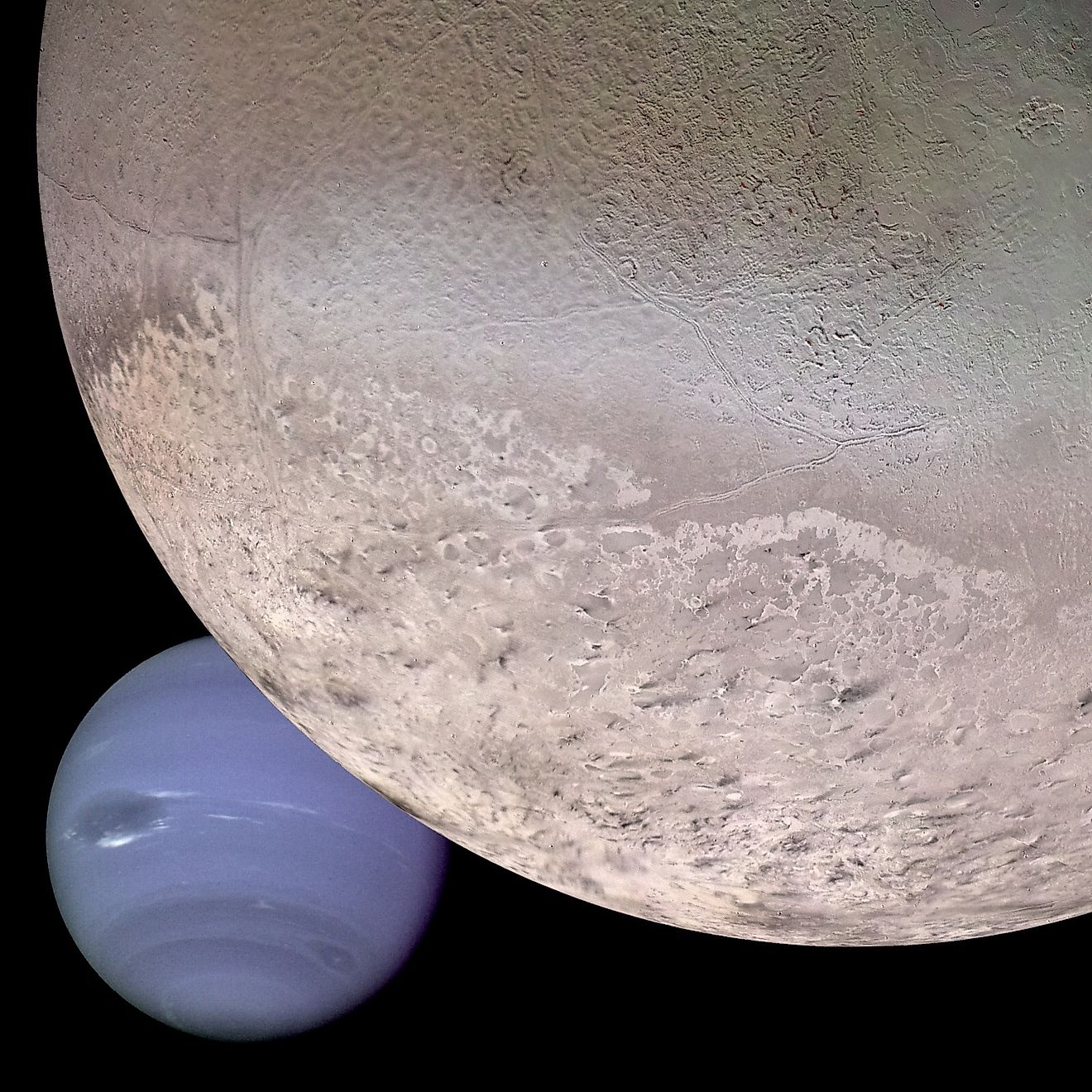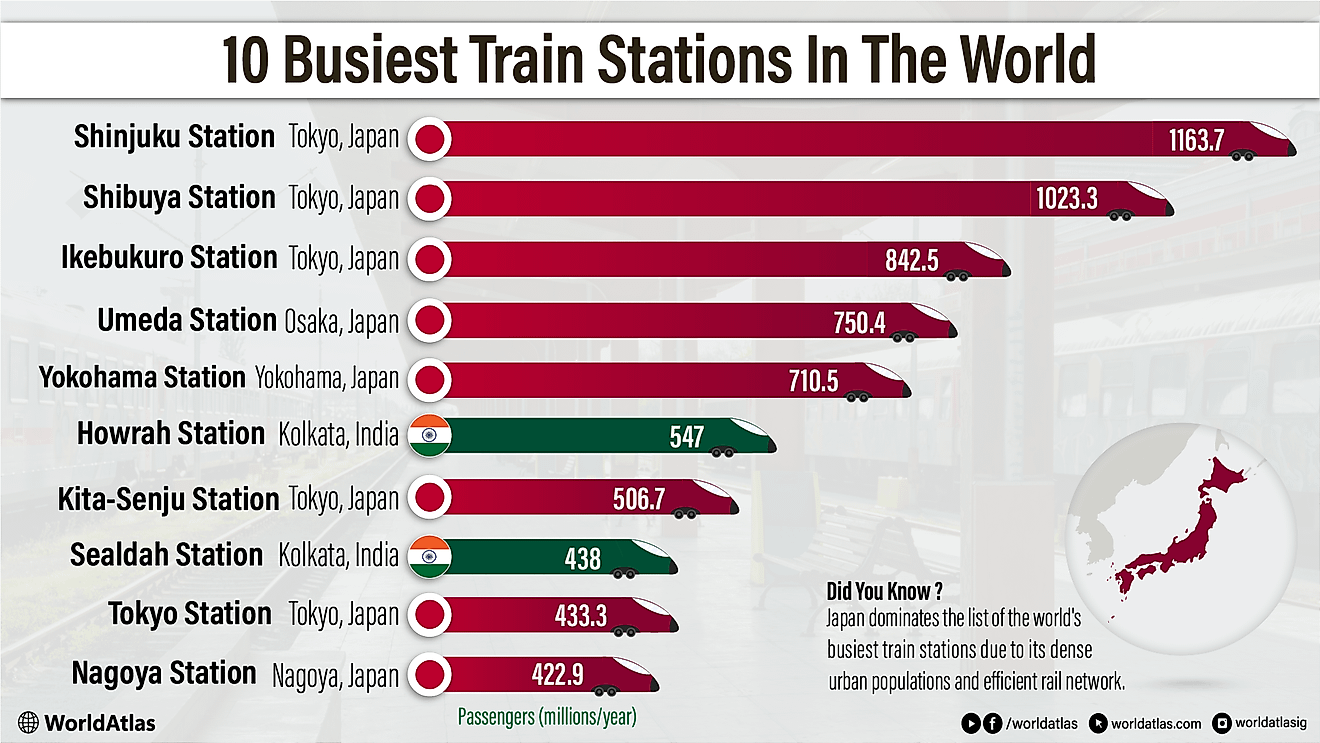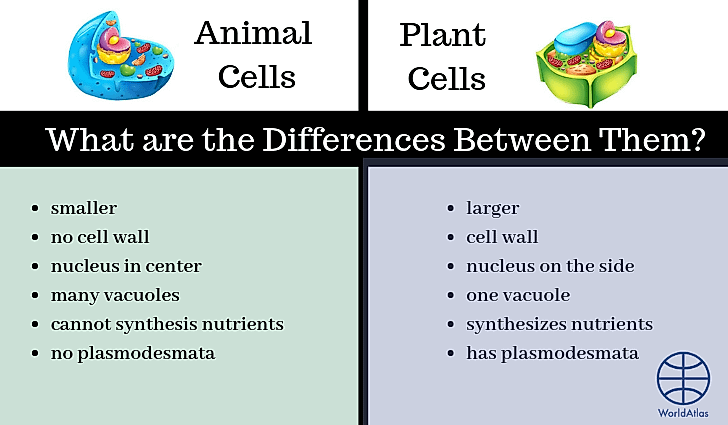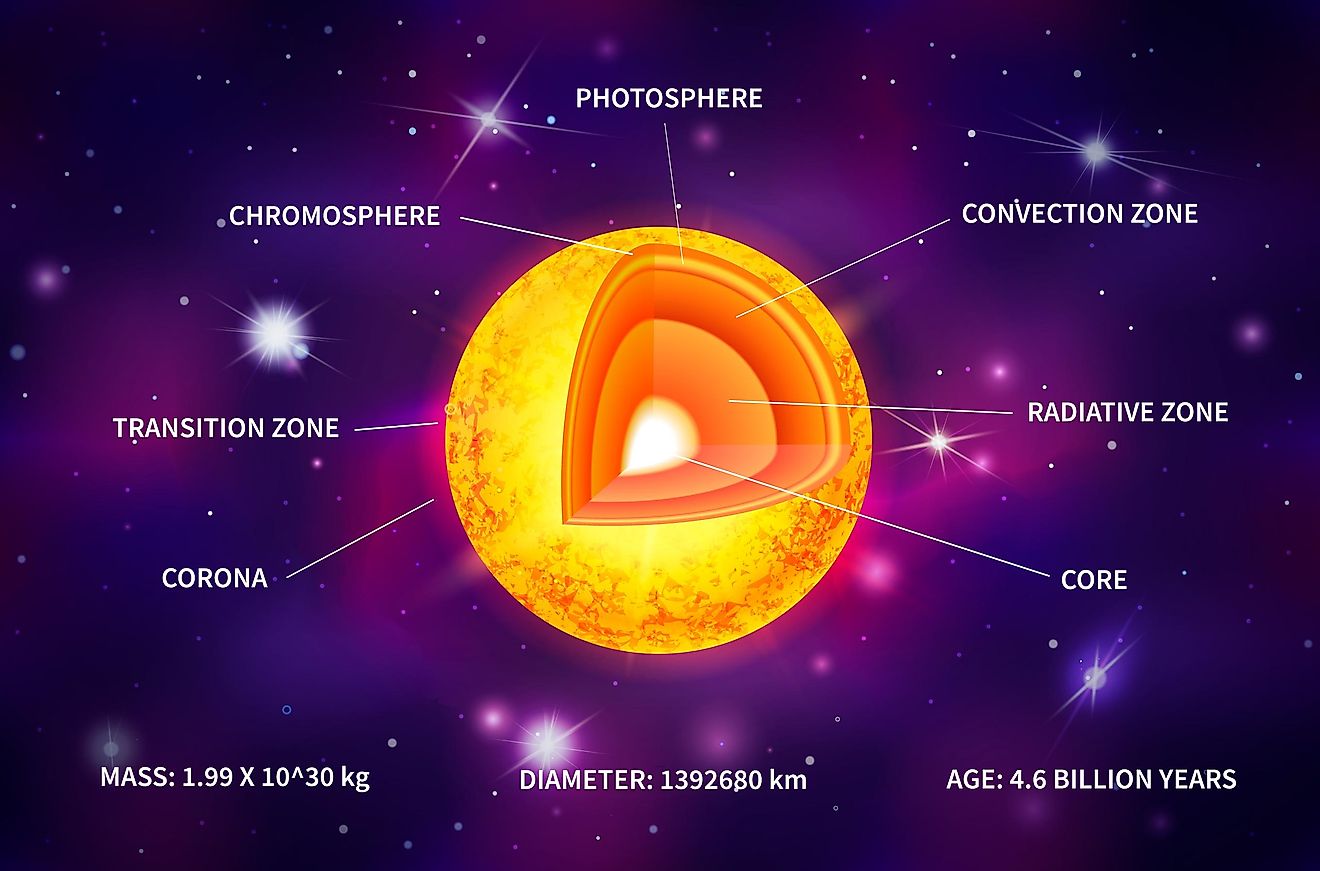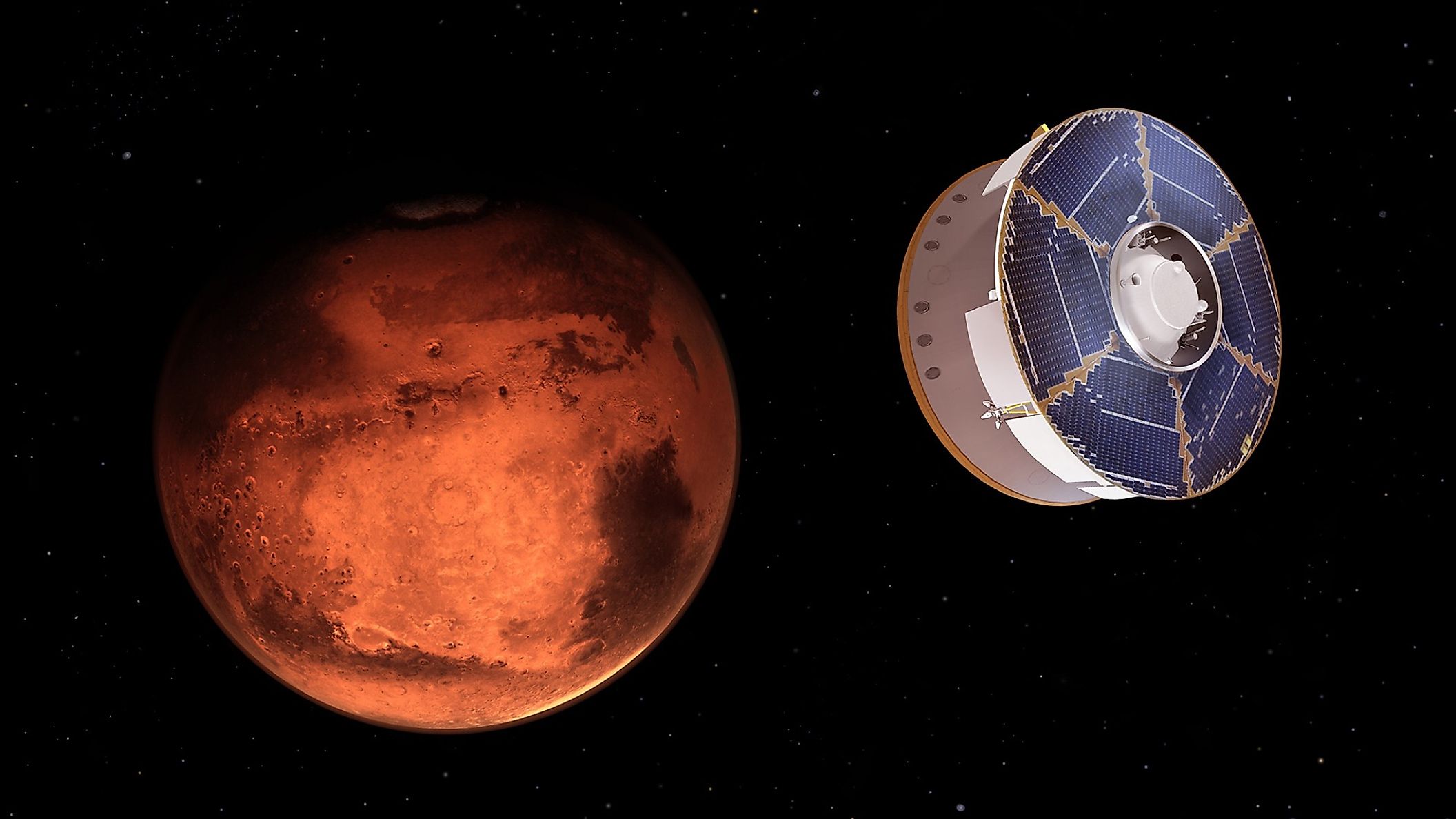
How Long Would It Take To Travel To Mars?
Humanity has dreamed of travelling to Mars for decades. As of yet, the only place humans have set foot on (other than Earth) is the moon. The moon presented humanity with one of its greatest challenges, yet in 1969, NASA overcame the challenge when the astronauts of Apollo 11 set foot on the lunar surface. Ever since the Apollo Program ended, NASA has slowly been developing the technology required to send humans to Mars. One of the primary purposes of the International Space Station has been to study the long term effects of space travel on the human body. In order for humans to eventually travel to Mars, they will need to survive in space for extended periods of time, yet just how long would it take to travel to Mars?
Distance To Mars
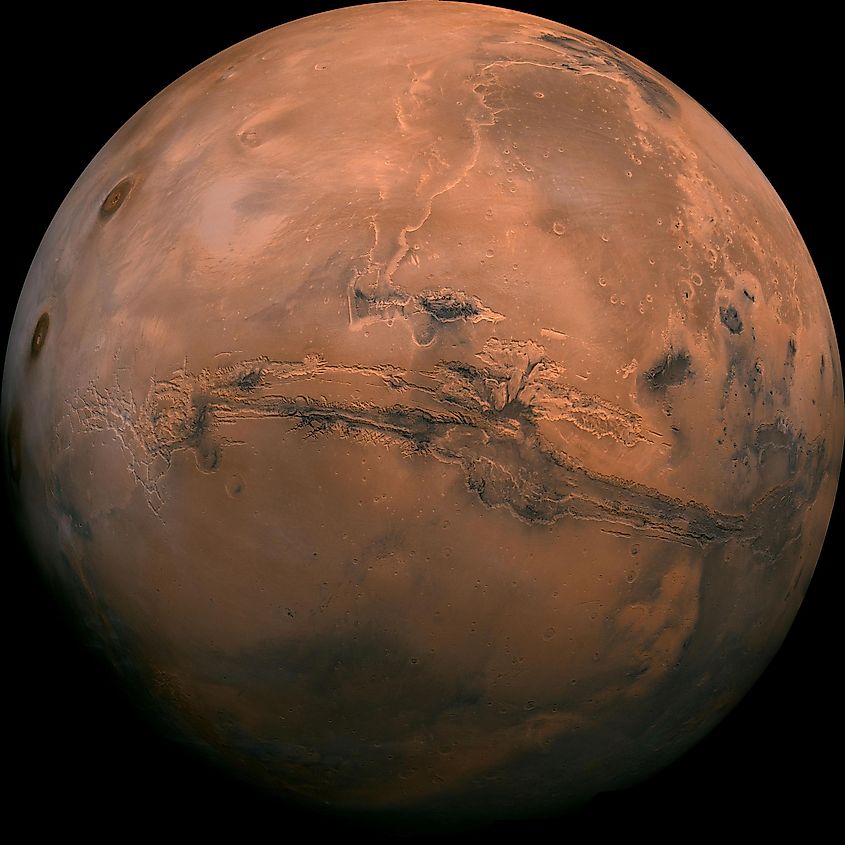
Mars is the second closest planet to Earth after Venus, yet it is still very far away. On average, the distance between Mars and Earth is about 140 million miles (225 million kilometres). To traverse that distance would likely take several months to years depending on how fast of a rocket you have. However, the distance between Mars and Earth actually changes. Both Mars and Earth orbit the sun in ellipses, meaning the distance between them and the sun changes during their orbits. When the Earth is at furthest point from the sun and Mars is at its closest approach, the two planets are at their closest distance. When Mars and Earth happen to align in just the right way, the distance between them can be 34 million miles (54.6 million kilometres). That is significantly lower than the average distance between the two planets, and so it would make sense to send humans to Mars when the two planets are at their closest approach to each other. Unfortunately, this alignment does not happen often. The closest distance between Earth and Mars ever recorded was in 2003, when the two planets came within 35 million miles (56 million kilometres) of each other. An event such as this will only occur every couple hundred years, with the next closest approach predicted to happen in the year 2237.
Mars and Earth rarely lineup so that the distance between them is at its minimum, but astronomers still take advantage of the fact that, at some points in their orbits, Mars and Earth are much closer together than on average. Every 26 months, Mars and Earth line up in such a way that it is most efficient to send spacecraft to the Red Planet. This means that there is one launch window to Mars every 26 months.
Speed Of A Rocket
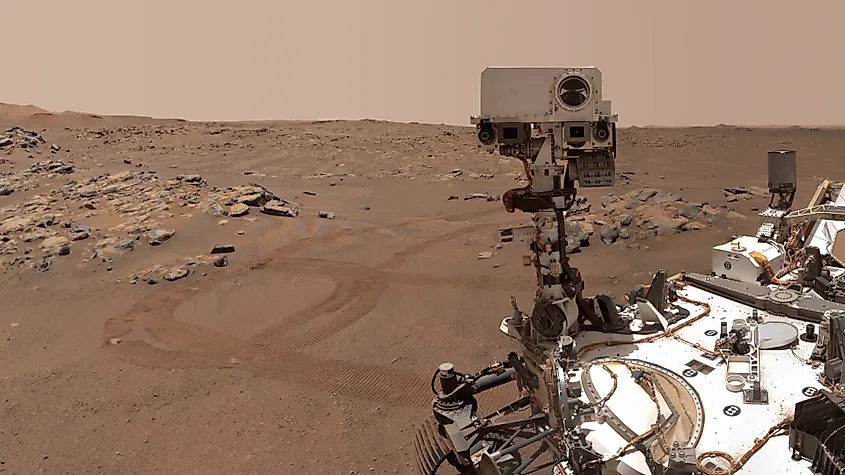
The distance to Mars itself is not the only factor that will determine how long it takes to travel to Mars. The speed at which a spacecraft moves will also determine the length of the trip. Past missions to Mars have generally taken anywhere from 128 days to nearly one full year. With current technology and rocket designs, NASA estimates that the first rockets carrying humans to Mars will achieve speeds of about 24,600 miles per hour (39,600 kilometres per hour). Moving at these speeds, it would take approximately seven months to reach the surface of Mars.
What If You Went Faster?
Assuming the technology is advanced enough, how quickly could you reach Mars? Currently, the fastest human-made object is the Parker Solar Probe, which has achieved speeds of 364,660 miles per hour (586,860 kilometers kilometres per hour). Moving at this speed, it would take about two weeks to reach Mars while it’s at its average distance from Earth. Travelling to Mars within only two weeks would be astonishing, yet unfortunately it would not be possible with current technology. The Parker Solar Probe has been able to attain such extreme speeds by slingshotting itself around the sun multiple times. In the far future, if humanity ever develops the technology to travel near the speed of light, we could travel to Mars in less than five minutes. For now, the first astronauts to travel to Mars will have to wait several months in space before arriving at the Red Planet.




